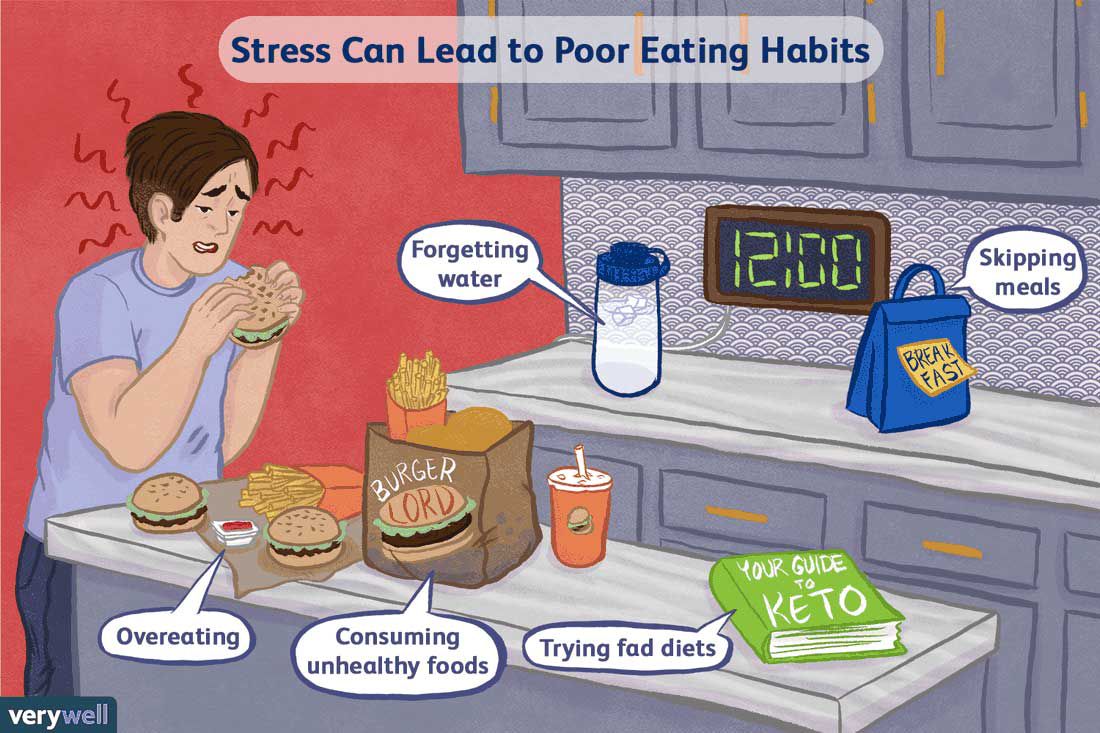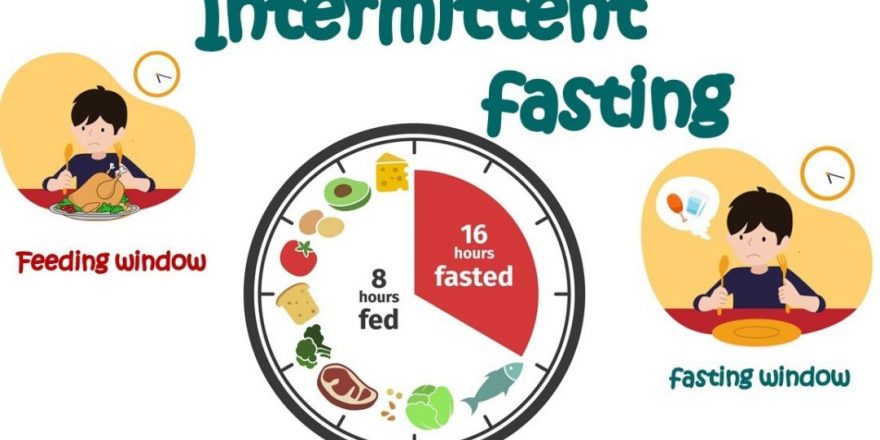In our fast-paced world, stress has become a constant companion for many of us. While a little stress can be a motivator, chronic stress wreaks havoc on our health, leading to issues that range from sleep disturbances to, notably, weight gain. Understanding the intricate dance between stress and our weight is the first step toward breaking this cycle and fostering a healthier, more balanced life.
The Stress-Weight Connection
Stress triggers the body’s “fight or flight” response, releasing cortisol, a hormone that, among other things, can increase appetite. It’s an evolutionary trait that once helped our ancestors stock up on energy during times of distress. In the modern world, however, this often translates to reaching for comfort foods high in sugar and fat — a quick source of energy that our bodies crave under stress but seldom fully utilize, leading to weight gain.
Strategies for Stress Management
Mental and Emotional Techniques
Mindfulness and Meditation: These practices can significantly reduce stress levels, helping us become more aware of our thoughts and feelings without becoming overwhelmed by them. Regular meditation can alter our response to stress, making us less likely to turn to food for comfort.
Cognitive-Behavioral Strategies: Changing the way we think about and respond to stress can have a profound impact on our behavior. By identifying stress-inducing thoughts and replacing them with more balanced ones, we can reduce the emotional eating often associated with stress.
Physical Activities
Exercise: Not only does it improve physical health, but exercise is also a powerful stress reliever. Activities like walking, running, or yoga release endorphins, the body’s natural mood lifters, helping to alleviate stress and prevent stress-induced weight gain.
Nutritional Approaches to Combat Stress
A balanced diet plays a crucial role in managing stress. Foods rich in omega-3 fatty acids, like salmon and flaxseeds, can reduce stress levels, while antioxidants found in fruits and vegetables combat the oxidative stress that can exacerbate weight gain. Equally important is recognizing and avoiding stress eating. By paying attention to hunger cues and making mindful choices, we can prevent unnecessary snacking and choose nutritious foods that support our health.
Lifestyle Changes to Support Stress Reduction
Improving Sleep Quality: Stress and sleep have a bidirectional relationship — high stress can lead to poor sleep, and poor sleep can increase stress. Prioritizing good sleep hygiene practices, such as maintaining a regular sleep schedule and creating a restful environment, can significantly impact stress management and weight.
Work-Life Balance: Finding a balance between work and personal life is essential for reducing stress. Setting boundaries, taking regular breaks, and engaging in hobbies can help maintain this balance, contributing to overall well-being and weight management.
Social Support: Building and maintaining a supportive network of friends and family can provide a buffer against stress. Sharing concerns, seeking advice, or simply enjoying social interactions can reduce stress levels and its impact on weight.
Integrating Stress Management into Daily Life
Incorporating stress management techniques into our daily routine doesn’t have to be overwhelming. Start small — meditate for a few minutes each day, take short walks, or practice deep breathing exercises during breaks. Over time, these small changes can lead to significant improvements in how we handle stress and, consequently, how we manage our weight.
Conclusion
Stress is an inevitable part of life, but it doesn’t have to lead to weight gain. By understanding the connection between stress and our eating habits, adopting effective stress management strategies, and making lifestyle changes that support our mental and physical health, we can mitigate the impact of stress on our weight. Remember, the goal is not just weight management but fostering a healthier, more balanced life.
As we embark on this journey, let’s remind ourselves that it’s okay to seek help when needed, whether from a healthcare professional, a counselor, or a supportive friend. Managing stress is a crucial step toward not just preventing weight gain but also enhancing our overall well-being. Let’s take that step together, one breath, one choice, and one day at a time.
Call to Action
Have you found effective ways to manage stress and maintain a healthy weight? Share your experiences and tips in the comments below. Let’s support each other in our journey towards a healthier, stress-free life.





